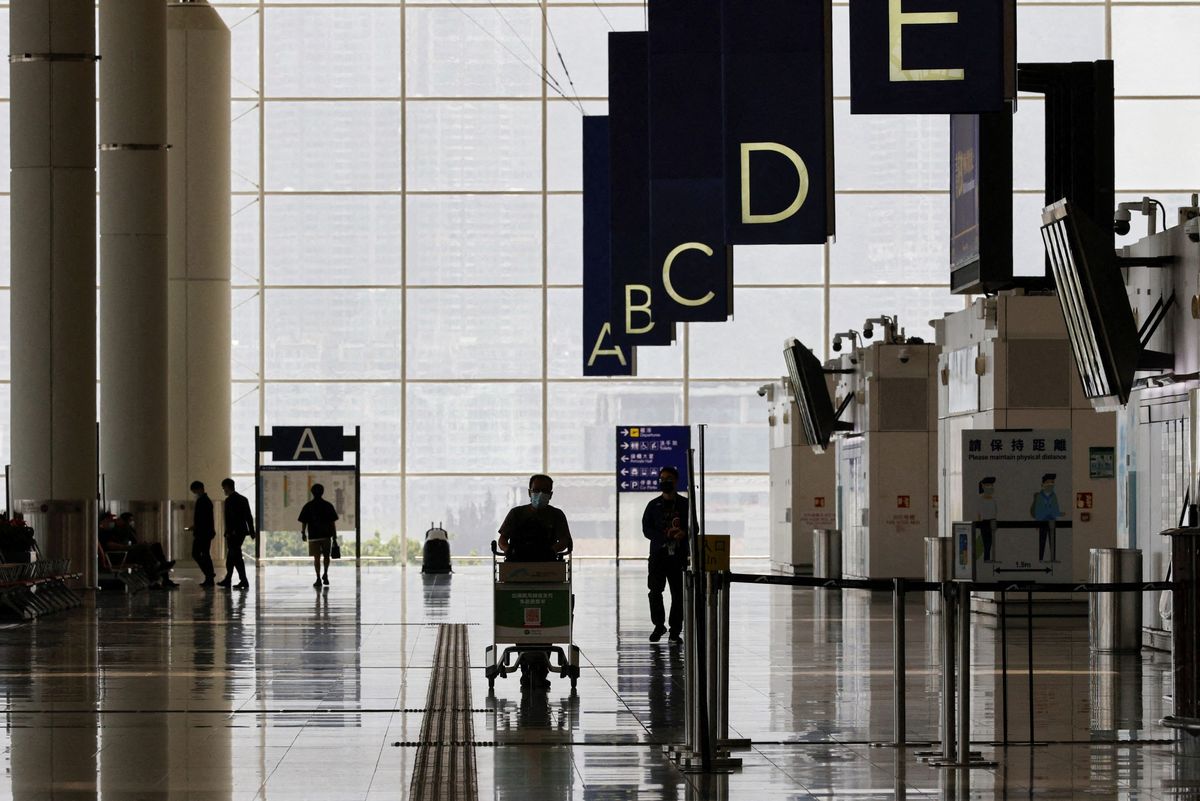Here’s what you need to know about Hong Kong’s new COVID travel requirements

A few minutes every morning is all you need.
Stay up to date on the world's Headlines and Human Stories. It's fun, it's factual, it's fluff-free.
Hong Kong will change more of its COVID travel requirements from June 1, as the city eases into further relaxation while still adhering to its COVID-zero policy. Here’s a brief summary of the latest tweaks.
From June 1 onwards:
- Inbound travelers, except children under the age of three or travelers transferring or transiting within Hong Kong, will still have to show a negative PCR-based nucleic test result taken within 48 hours before departure. But, they no longer have to give proof of the lab’s accreditation.
- For those who recovered from COVID 14-90 days prior to their flight, medical documentation of a negative RAT result within 24 hours of boarding time, as well as an official recovery record in Chinese or English, will be required.
- All incoming travelers that are discharged early from compulsory quarantine will have to do a nucleic acid test on their ninth day of arrival in addition to the one they’re supposed to take on the twelfth day of arrival.
- Airline carriers will be given a warning and a HK$20,000 penalty if they break the flight suspension mechanism. Another breach within the following 10 days will result in prohibition from flying that route into Hong Kong for five days.
Key comments:
“As COVID-19 nucleic testing services in many overseas places are being scaled back, inbound persons may find it difficult to confirm whether a local laboratory or healthcare institution conducting polymerase chain reaction-based nucleic acid tests is ISO 15189-accredited or recognised by the government of the place,” read the Hong Kong government statement on Sunday.
“Some of the cases they might have a longer incubation period, so the virus might not be detected during the quarantine, or they might have onset after completion of the quarantine. This is a theological risk," said Dr. Albert Au Ka Wing, officer at Hong Kong’s Centre for Health Protection, at a press conference. “Adding a PCR test earlier between day 5 and day 12 [after a passenger’s arrival] will increase the chance of picking up these cases.”




Comments ()